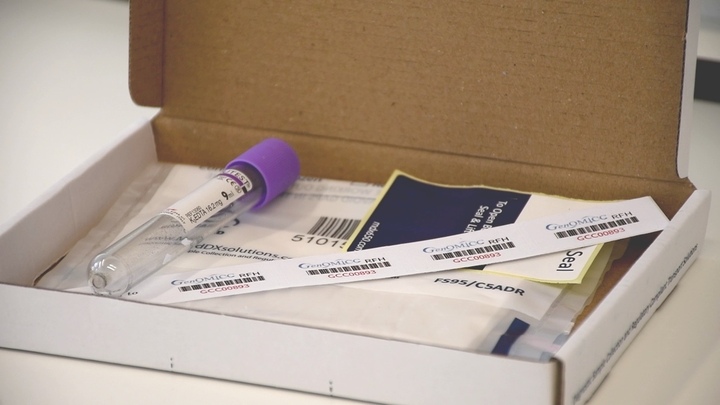May 2023: GenOMICC finds 49 genes associated with life-threatening Covid-19 and our latest discoveries are reported in Nature.
We have previously shown that genetics can help us to choose which drugs might be effective in treating critically ill patients, when we discovered a genetic clue that pointed to a specific treatment for Covid-19: a drug called baricitinib. This was the first proof-of-concept in critical illness and infectious disease for finding an effective drug using human genetics.

GenOMICC have now identified a total of 49 genetic variants that are associated with critical illness in COVID-19. To explore whether these variants can identify new drugs, we investigated the link between protein-coding variants, gene and protein expression. We found druggable targets in multiple systems in the immune response, including inflammatory signalling (JAK1), monocyte-macrophage activation and endothelial permeability (PDE4A), and immunometabolism (SLC2A5, AK5). We found that these protein-coding variants have the potential for therapeutic use with existing compounds able to inhibit or induce a response to inflammatory stimulation.
For the first time, GenOMICC has also showed how multiple genes of the patient involved with viral entry are associated with severe disease. This gives clear evidence of the capacity of host genetics to reveal core mechanisms of disease.
Together, these results deepen our understanding of critical COVID-19 and highlight new mechanisms of disease, several of which have the potential to lead to new, effective treatments.